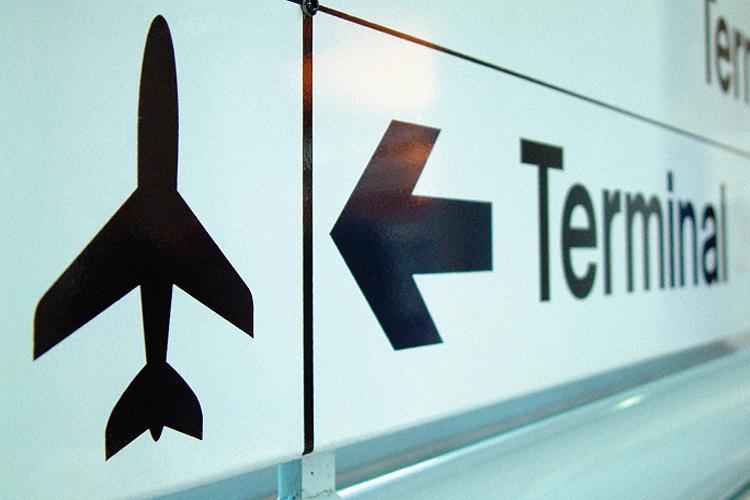Freelancers
As with any self-employed individual, a freelancer typically has control over which projects they choose to work on and the hours they work, and usually provide their own work materials. Exceptions include HGV drivers, who may use vehicles supplied by the employing organisation.
Apprenticeships
Who can apply for an Apprenticeship?
Apprenticeships are for adults as well as young people. In England, anyone can apply for an Apprenticeship as long as they are aged 16 or over, are not in full-time education and are eligible to work in England. The National Apprenticeship Service (NAS) provides further information on eligibility.
Agency work
You are not an agency worker if:
- you are self-employed;
- you work for a “managed service company” which provides an entire service for the employer and directly supervises the workers;
- you work in-house as part of a pool or bank of temporary staff working only for that particular organisation; or
- you are seconded by your employer to work for another organisation.
If you are unsure of your status you can contact a number of bodies for information and advice including, a union or government body. Useful websites include:
Zero hours contract
While zero hours contracts have been used in the UK for many years, their use has spread widely in recent years along with rises in other forms of casualisation including false self-employment, agency, temporary and part-time work.
Working abroad
How to work abroad
Find a job
Whether your destination choice is because that country is actively seeking professionals in your sector, or you simply have your heart set on living in a certain place, your first step is to find a job.
Start with online research. Some countries may be actively recruiting in sectors such as healthcare, engineering and construction, while others may be focusing on education, IT or manufacturing. Could you help to plug a gap in an overseas workforce?
Volunteering
Why Volunteer?
There are a range of reasons why people carry out voluntary work. It can provide the opportunity to give something back to an organisation that has had an impact on their life. It can make a difference in the local community, help to fight poverty and change the lives of people in the developing world, or help to protect the environment.
Traineeships
Traineeships were introduced in August 2013 for 16- to 23-year-olds and young people with learning difficulty assessments up to the age of 25.
A Traineeship should provide a learning opportunity (lasting for between six weeks and six months) to help a trainee make the transition into a job by developing their skills and allowing them to gain workplace experience.
There is no requirement for trainees to be paid, but unions can negotiate with employers and management to make sure that they do pay trainees carrying out a job involving productive work.
Self‐employed
Going self-employed
When to register as self-employed
In the UK, sole traders and partnerships must register their business with HMRC (Her Majesty's Revenue and Customs) so that they can pay income tax. You must register once your business has started, which is if:
- you have sold goods
- you have sold services
- you have advertised your business
You must register by 6 months after the end of your first tax year i.e. by 5th October in the next tax year. The UK tax year starts on 6th April and ends on 5th April.












